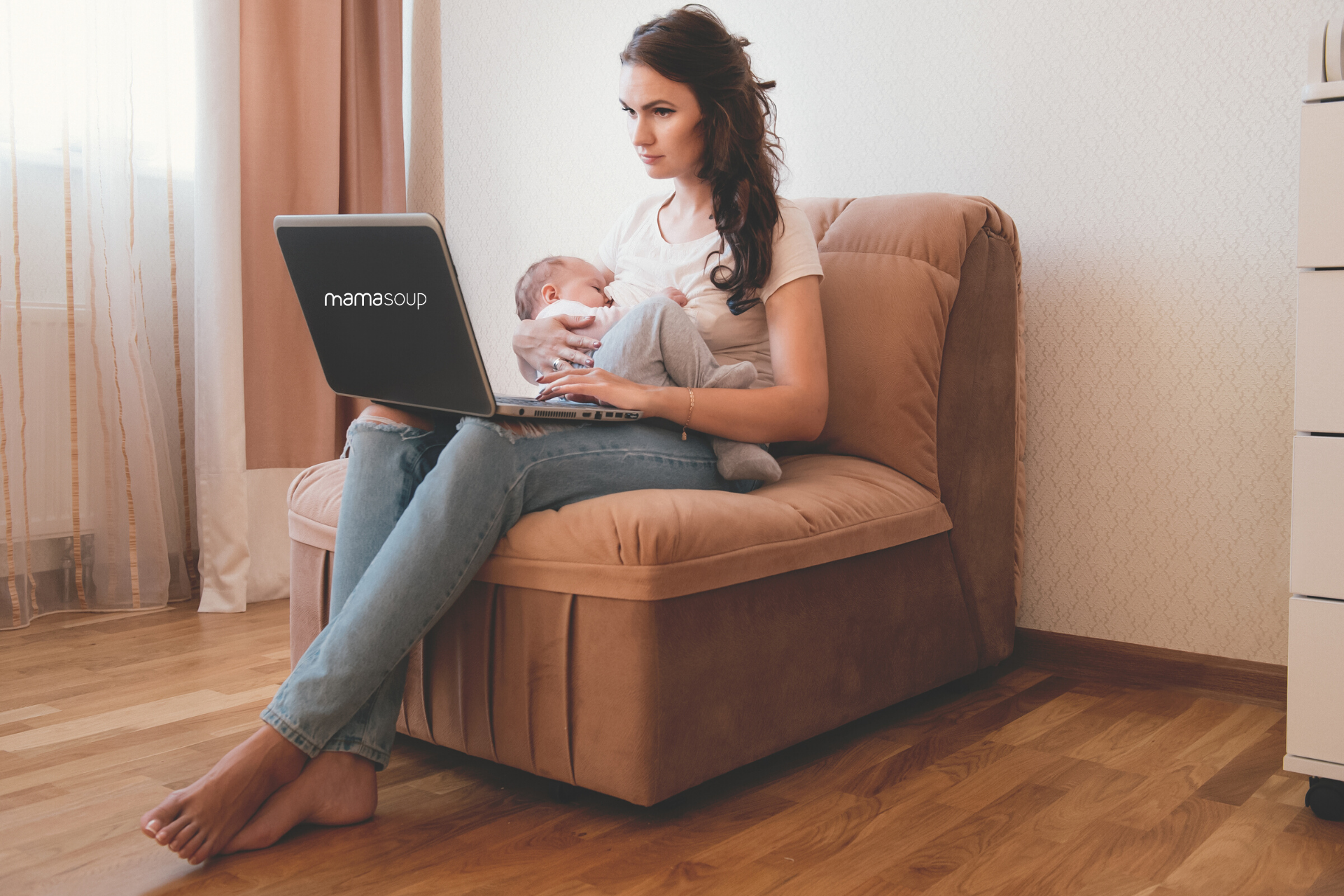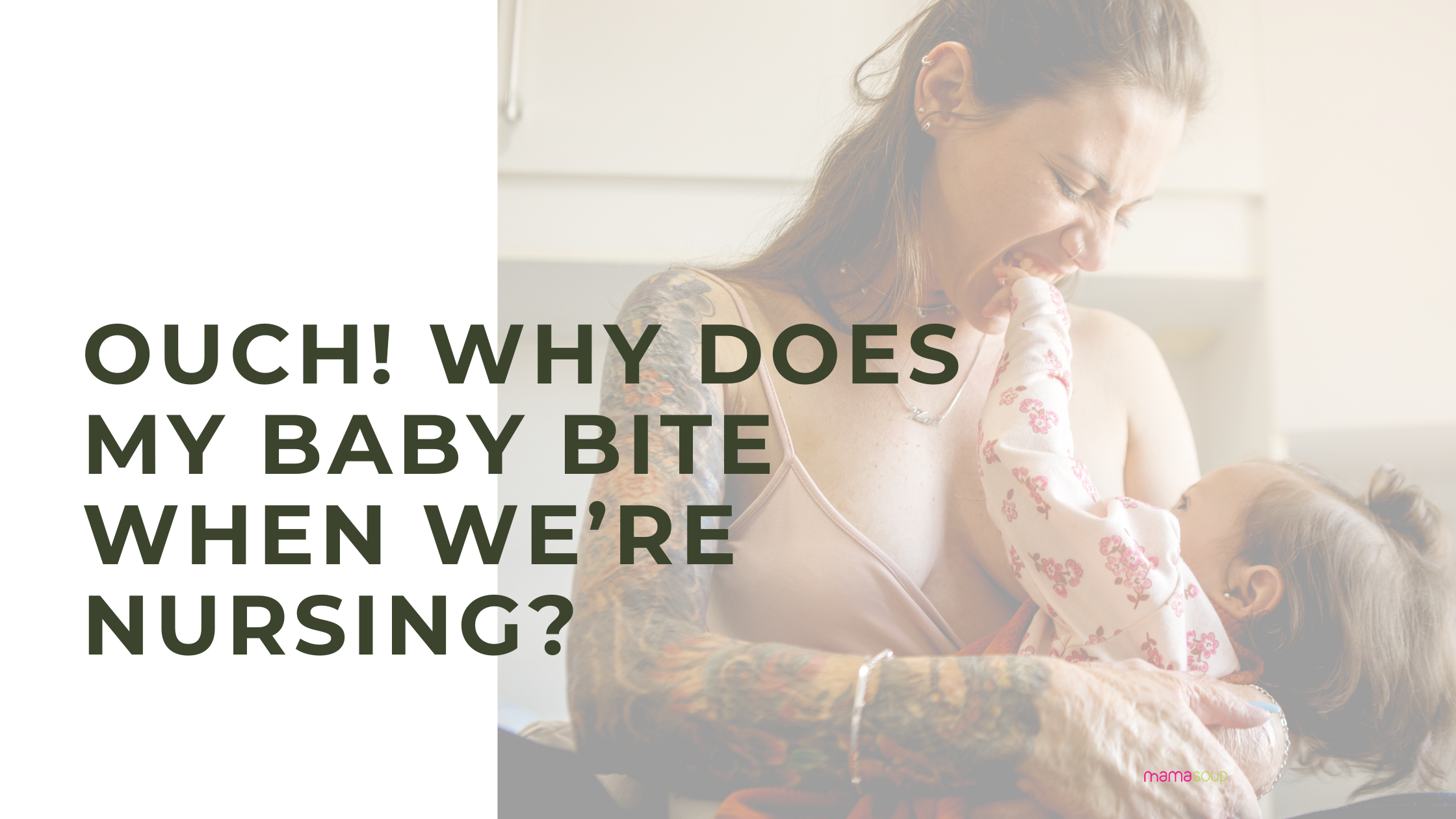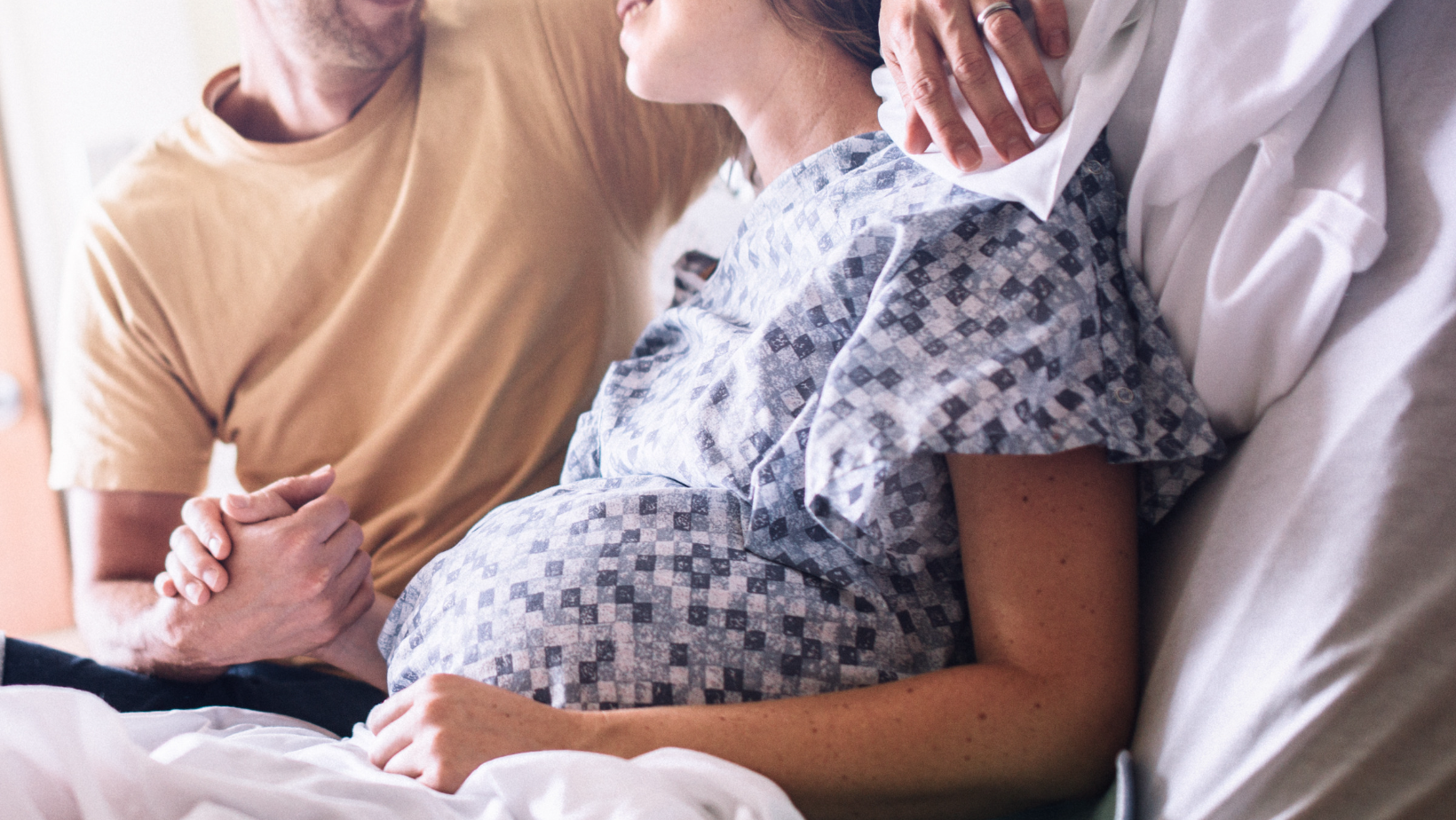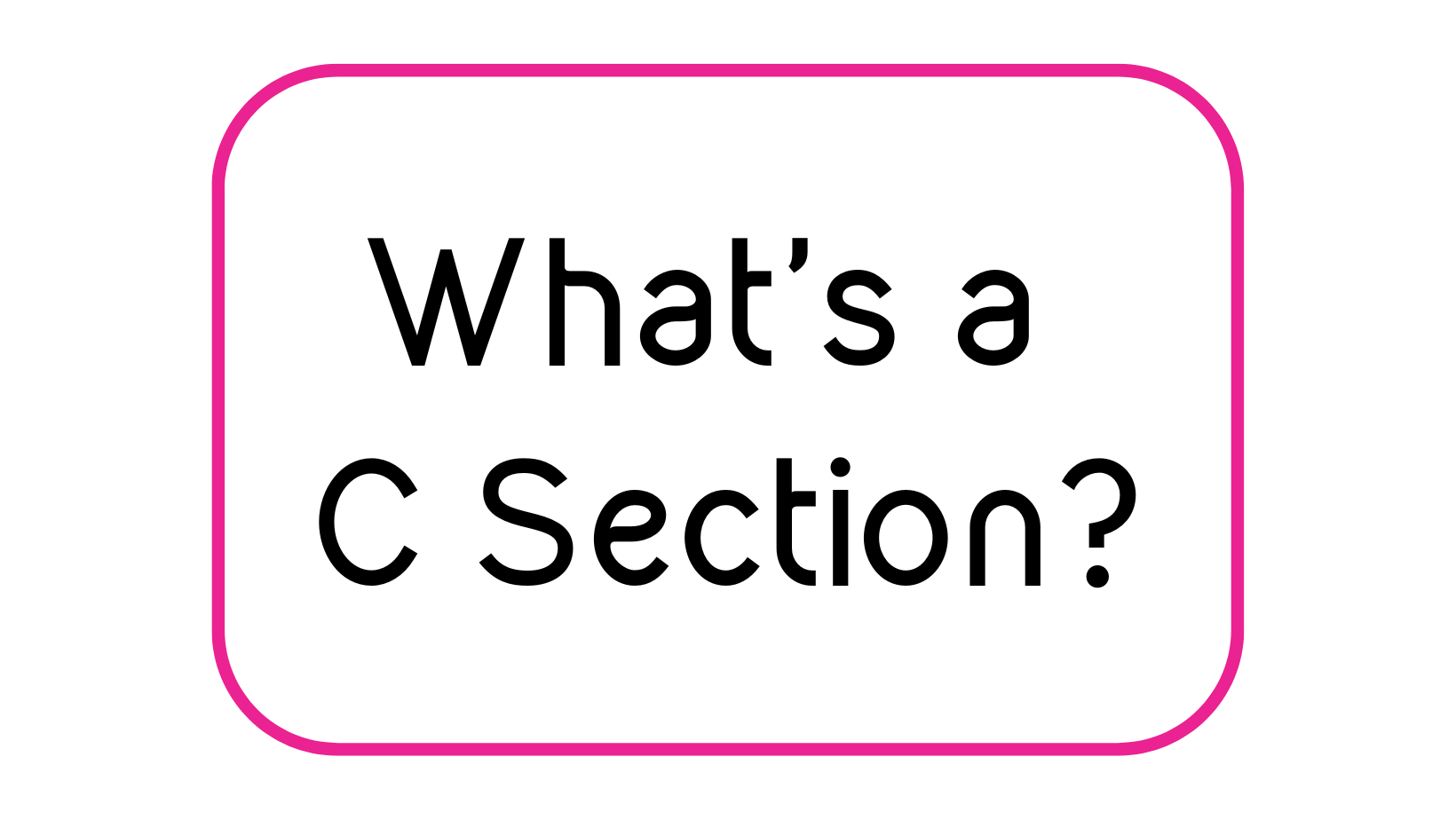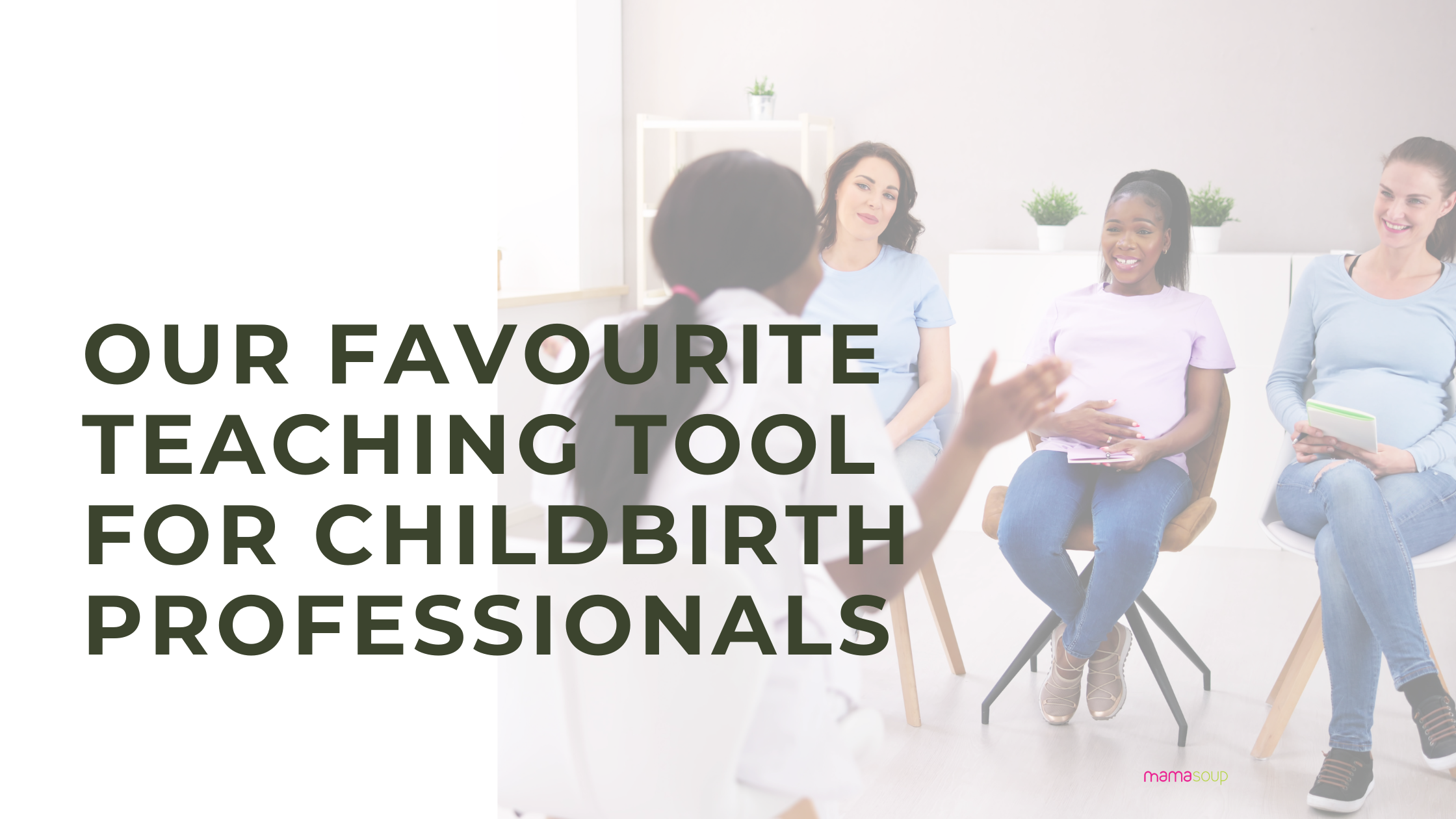Postpartum Depression: Symptoms, Causes and Prevention
You may have had an easy pregnancy or a hard one. Maybe you tried for years to have this baby and your pregnancy has been full of love, hope and gratitude. When you finally give birth, you’re among the 80 percent of new moms who will experience some type of postpartum mood disorder.
BTW- feeling disappointed after you give birth is normal for a lot of women, no matter how hard they tried to get pregnant and how badly they wanted their baby.
DOWNLOAD THE MAMASOUP APP FOR NEW MOMS NOW!
Postpartum depression can be caused by several different factors. After you have a baby, your levels of estrogen and progesterone drop dramatically and fast, which can result in you feeling tired, depressed and with little energy.
- Risk Factors for Postpartum Depression
- Symptoms of Baby Blues
- Symptoms of Postpartum Depression
- Symptoms of Postpartum Psychosis
- When to See a Doctor
- How to Prevent Postpartum Depression
The sheer exhaustion of becoming a mom and getting broken sleep can make even the smallest issues feel like the sky is falling. You may also be feeling disappointed with your baby, your birth or your body and these feelings can all be factors in postpartum depression.
There are three types of mood disorders that can happen after childbirth: baby blues, postpartum depression and postpartum psychosis.
Are you at risk of postpartum depression?
Postpartum Depression Risk Factors
-
A history of depression, either before or during pregnancy
-
You have bipolar disorder
-
You experienced postpartum depression after a previous pregnancy
-
A family history of depression or other mood disorders
-
Stressful events during the past year, such as pregnancy complications, relationship issues, work problems and financial worries
-
Your baby has health problems or special needs
-
Having multiples at birth: twins, triplets
-
Breastfeeding issues
-
Lack of a support system
-
An unplanned pregnancy
Symptoms of Baby Blues
Signs and symptoms of depression after childbirth vary, and they can range from mild to severe.
Baby Blues Symptoms
The baby blues only last a few days to a week or two after your birth. The signs and symptoms of baby blues may include:
-
Mood swings
-
Anxiety
-
Irritability
-
Sadness
-
Feeling overwhelmed
-
Crying
-
Difficulty Concentrating
-
Loss of interest in eating
-
Trouble sleeping even though you’re exhausted
Symptoms of Postpartum Depression (PPD)
At first, postpartum depression symptoms may be mistaken for baby blues. But here’s the thing about PPD: the signs and symptoms are more intense and last longer. You may find it hard to get out of bed and get dressed. You may also find it tough to look after your baby because the symptoms of postpartum depression are much more severe than the baby blues. Symptoms usually show up within the first few weeks after having your baby, but sometimes it can start during pregnancy and even later: like a year or more after giving birth.
Postpartum depression signs and symptoms:
-
Depression
-
Severe mood swings
-
Excessive crying
-
Having difficulties bonding with your baby
-
Pushing away family and friends
-
Losing your appetite or eating too much
-
Inability to sleep (insomnia)
-
Sleeping too much
-
Overwhelming fatigue
-
Lack of interest in activities you used to enjoy
-
Intense irritability
-
Anger
-
Thoughts that you’re a bad mother
-
Feeling hopeless
-
Feelings of shame and guilt
-
Unable to think clearly, concentrate or make decisions
-
Feeling restless
-
Severe anxiety
-
Panic attacks
-
Thinking of harming yourself or your baby
-
Thinking of death or suicide
Untreated, postpartum depression can last for months (or longer).
Symptoms of Postpartum Psychosis
Postpartum psychosis is a rare condition and it usually arrives within the first week of birth. The symptoms of postpartum psychosis are much more severe than the symptoms of postpartum depression and they may include:
Postpartum Psychosis Symptoms:
-
Confusion
-
Disorientation
-
Sleep disturbances
-
Obsessive thoughts about your baby
-
Hallucinations
-
Delusions
-
Excessive energy
-
Excessive agitation
-
Paranoia
-
Attempting to harm yourself or your baby
** Postpartum psychosis can be life-threatening and it requires immediate treatment.
When to see a doctor
If you're feeling depressed after your baby's birth, you may not want to admit it. In fact, a lot of women will even try to tell their concerned partner or family members that everything is fine.But it’s really important to call your doctor and schedule an appointment. Trying to cope with untreated postpartum depression is way harder than it is to make that doctor’s appointment, I promise you. Also, if your PPD isn’t treated it can really get in the way of your ability to bond with your baby.
If you have any of the symptoms of postpartum psychosis, get help immediately.
When to call the doctor:
-
If your symptoms are still there after two weeks
-
If your symptoms seem to be getting worse
-
If you’re having difficulties caring for your baby
-
If you’re finding it hard to complete everyday tasks
-
If you have any thoughts of harming yourself or your baby
If you have suicidal thoughts
If at any point you have thoughts of harming yourself or your baby, immediately seek help from your partner or loved ones in taking care of your baby and call 911 or your local emergency assistance number to get help.
Also consider these options if you're having suicidal thoughts:
-
Call your doctor
-
Call a mental health professional
-
Call National Suicide Prevention Lifeline if you’re in the US
-
Reach out to someone close to you, that you trust
How to Prevent Postpartum Depression
During pregnancy
-
If you have a history of depression, have your doctor monitor you closely for signs and symptoms of depression.
-
Mild depression can be managed with support groups- download the free Mamasoup app and start chatting with other pregnant and new moms without the fear of judgement.
-
Counseling or therapy.
-
Antidepressants may be an option.
After your baby is born
-
Book an early (within a couple of weeks of birth) doctor’s appointment to screen for signs and symptoms of postpartum depression.
-
Antidepressant treatment.
-
Psychotherapy starting right after you have your baby.
(READ THIS NOW: The Postpartum Period can Last for YEARS )
Post Gallery
Hey there, I’m Joanne.
I’ve spent about 20 years serving women as a nurse, doula and Lamaze educator. I have 4 kids and I know firsthand how lonely and isolating motherhood can be, so I created MamaSoup. I'm mostly known for my love of red wine, spontaneously singing and my confidence in being my true self on social media. When I’m not busy building women up, you can catch me taking Instagram stories of my bulldog Ruby, watching The Handmaid’s Tale, playing MUber (Mom Uber) to my kids or vacationing in my favourite town: Cabo San Lucas, Mexico.
I love serving the world by providing a space for moms to connect and support each other. In my opinion, moms are the backbone of communities because they are (literally) raising the future!
As the founder and CEO of MamaSoup, I’ve been featured on CHEX TV Morning Show, KawarthaNOW, Economic Development- The City of Kawartha Lakes and MyKawartha.
Still with me? Join me over at MamaSoup to keep the conversation going!
Read More

